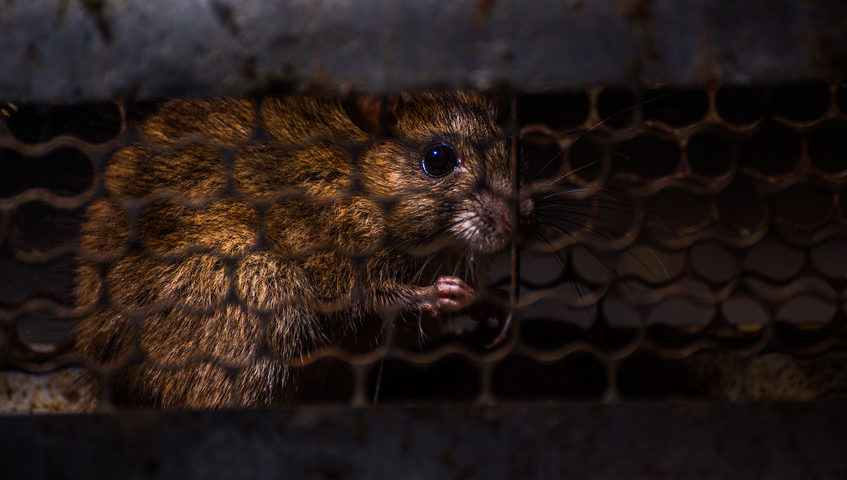
Summer has come to a close and the autumn days are getting cooler and cooler. Before you know it, winter will be here and all of our pest problems will be solved. Actually, this is not true and our homes can still have pest control problems during the coldest months of winter. Our best defense against a pest infestation is a good offense that consists of prevention tactics to keep our homes free from them.
Here are some good tips to prevent our homes from becoming infected with pests in the first place these upcoming winter months.
Rats & Mice
Place your food in sealed metal and glass containers because rats and mice cannot chew through them. Any holes as small as a pen or pencil can be used as an entry point for mice. Remember to check around any possible entry points like vents, pipes, gas lines, wires, and other utilities for possible entry points and seal them as necessary. Seal all the cracks and holes in your home with cement or silicone caulk to prevent rats and mice from entering your home. Do not use wood to seal off your holes and cracks because mice and rats can chew through this.
Squirrels
Remove any food sources you have outside that squirrels can access like birdseed. Seal any cracks and holes around home to prevent squirrels from entering your home. Add screens to your vents and install caps on the chimney to prevent their entry from those points. Trim your branches and brushes away from your home to prevent them from having access to your roof.
Raccoons
Keep a tight lid on your garbage cans to prevent raccoons from foraging through them. You may need to secure the lid to the can with bungee cords, ropes, or other materials if raccoons are knocking them over to access the food inside. Feed your pets indoor or clean up their spilled food and water before the evening time. Trim your branches and bushes away from your home to prevent them from climbing onto your roof. Install a chimney cap to prevent them from nesting in there.
Winged Carpenter Ants
Remove any dead trees and branches in your yard to prevent them from nesting there and then traveling to your home for food. Keep any firewood 20 to 25 feet away from your home. Repair any leaking pipes and faucets because they like to nest in moist environments. Replace any wet, damaged, and decayed wood inside your home to prevent carpenter ants from nesting there too.
Cluster Fly
Replace any damaged window screens to prevent cluster flies from entering your home. Seal any cracks and holes outside of your home so that they will not enter through them. Install screens over your vents to prevent their entry through these points. Replace any worn weather stripping on your doors and windows.
Fruit Flies
Do not buy fruit and vegetables with bruises on them. Refrigerate any uneaten and ripe fruit in your home. Cut off and throw away the bruised parts of fruits and vegetables that develop later on. Repair any leaking pipes and faucets in your kitchen and bathrooms. Replace any broken screens on windows to prevent them from entering through them. Replace any worn weather stripping on your doors and windows.
Moth Fly/Drain Fly
Use a wire brush to clean your pipes, sinks, toilets, and other draining points for your kitchen and bathroom. Also, use a septic drain cleaner to remove any additional slime that they can breed in. Fix any slow or clogged drains because these are places that they like to breed in.




